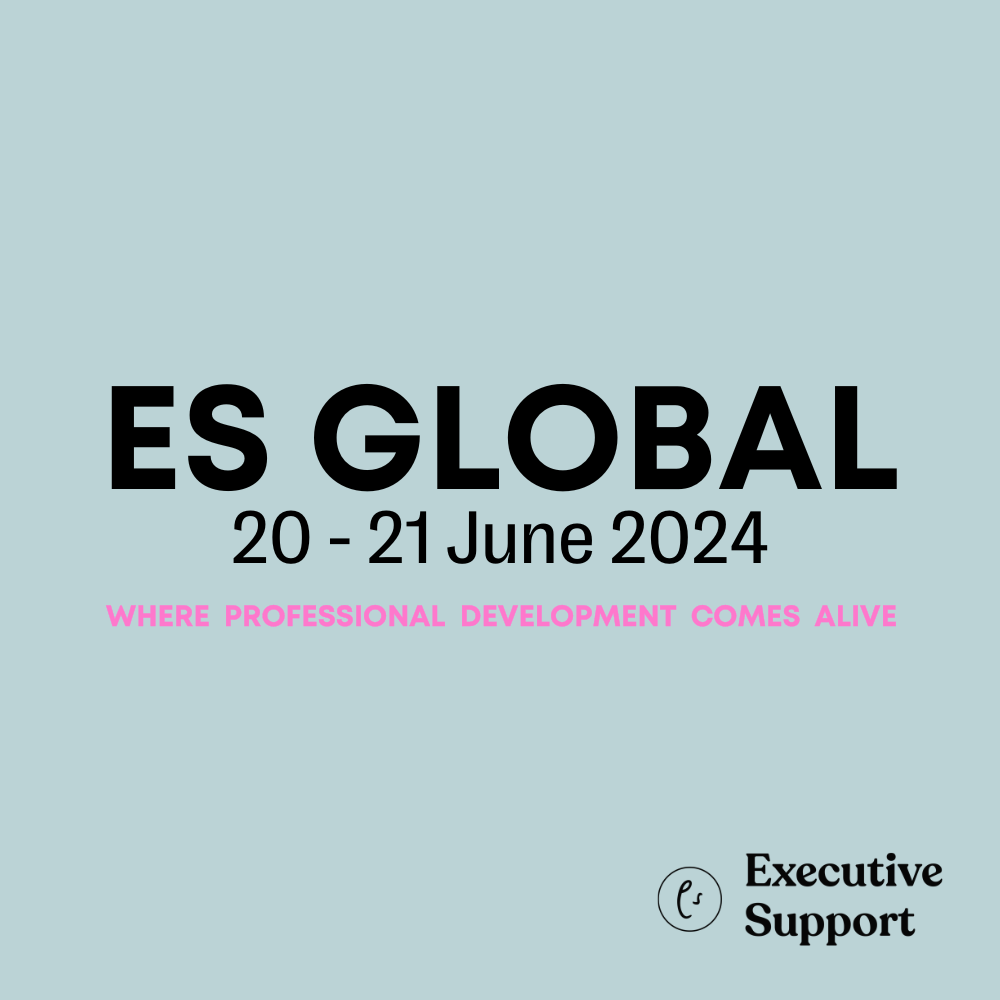
Significant changes are anticipated in the next five years says Rohit Talwar
Organising business meetings, liaising over the design of events and indeed helping identify the best conference to attend, will continue to be an important part of the assistant role. It’s crucial to be aware of the technological changes as they impact the possibilities for meetings and events, and shape what participants expect. Here are a few examples:
Conferences will have an increasingly interdisciplinary focus
In the search for inspiration to maintain attendance levels, organizers will invite people from different fields: arts, science, music, business, education or engineering, to share their ideas with participants. The convergence between people coming from different fields will contribute to more creative solutions for the complex problems of the future of business.
Silent Conferences
Participants will be able to tune in to every parallel session via their personal devices and listen through their headphones from wherever they are in a venue. So, if the current session doesn’t appeal, you can simply switch to listen, or watch, a parallel session without leaving your seat.
Thinking Hubs
Meeting venues will have interactive technology that will enable creative thinking and idea testing. Interactive technologies such as Virtual Reality (VR) or Augmented reality (AR) will allow participants to visualize data or ideas developed in a workshop session in a more tangible way. Participants will be able to test different ideas in VR/AR software and compare their possible outcomes to make better decisions.
Integrated Events Apps
Integrated systems will emerge that present content for multiple events – these may even become standard features on many smartphones. App developers will create more cohesive systems that merge the information and presentations for all the different events that sign up to use them. Users will be able to browse for the most interesting and useful information across a range of events and conferences.
Robot Realms
Events will make greater use of robots as mobile customer service assistants, kitchen staff, baristas, waiting staff, security guards, and porters. We’ll also see more robots featuring in presentations and even delivering them. Within facilities we might see drones capturing videos of the sessions, transporting goods, and even moving people between sessions.
Smarter by Design
Artificial intelligence (AI) will expand quite rapidly: from designing agendas, setting prices, and targeting potential attendees, through to customer service chatbots, determining best fit locations, matchmaking people at events, and providing back-up content and fact checking of presentations. AI tools will become a feature across the entire industry value chain. In a very human business such as the events sector, it seems likely that AI will be used to free up time for value-added tasks, rather than reduce headcounts.
Digital Twins
Early adopters of technology could soon be able to send a digital stand-in to attend face-to-face conferences. The participant’s digital twin would be a software incarnation of the person embodied (or not) by a hologram or device that can see, hear, and observe the event in real time. The digital twin could engage with other participants in virtual space or on social media during the event, leading up to scheduled face to face meetings with interesting contacts in the future.
#metoo Charters
The meetings industry will take positive action in the wake of the harassment and assault cases made public across many sectors in 2017. Codes of conduct will appear covering behaviour at events, participants will be asked to sign these to confirm their adherence. Reporting of incidents will be made easier and more discreet, and offenders’ organizations will be notified immediately when such issues arise.
Paradise Unplugged
Some meetings will become luxury experiences by adopting technology-free policies that demand unplugging, disconnecting, powering down, and “off-gridding” for all participants. Events will set a tone of intimacy and authenticity by discarding the free wi-fi and discouraging conference hashtags, for example. The venues would provide a facility at check in where participants can drop off their devices for the day and unplug, putting a total focus on the experience at hand.
We can all expect that the meetings and events we attend and help organise will be different in the near future. It will be stimulating and exciting to keep up with the trends – and perhaps raise participants’ expectations in the process!













